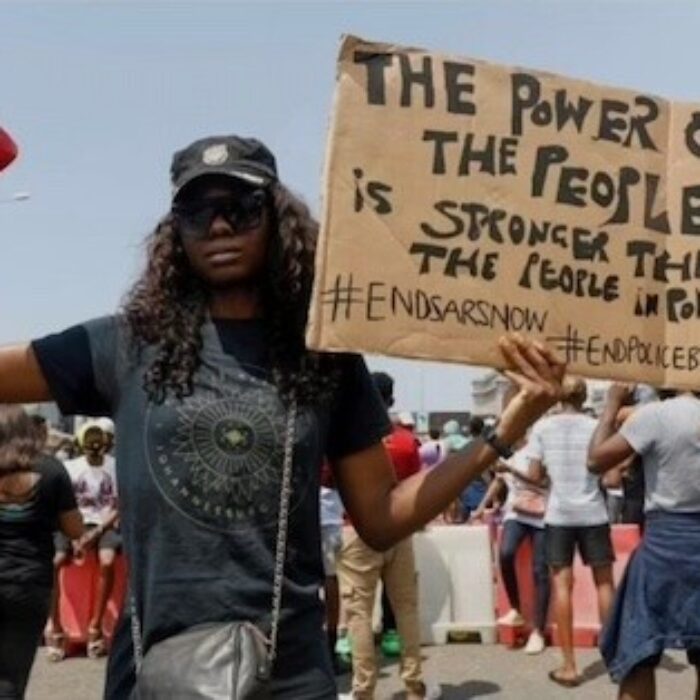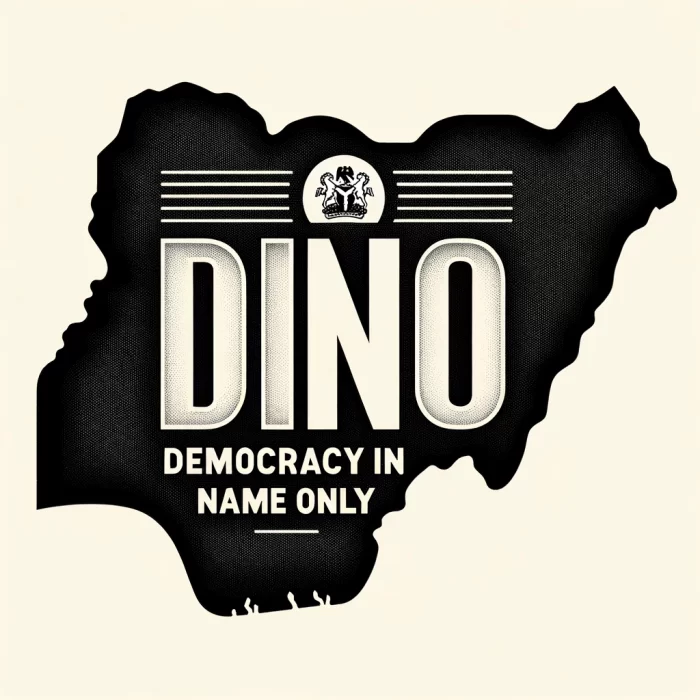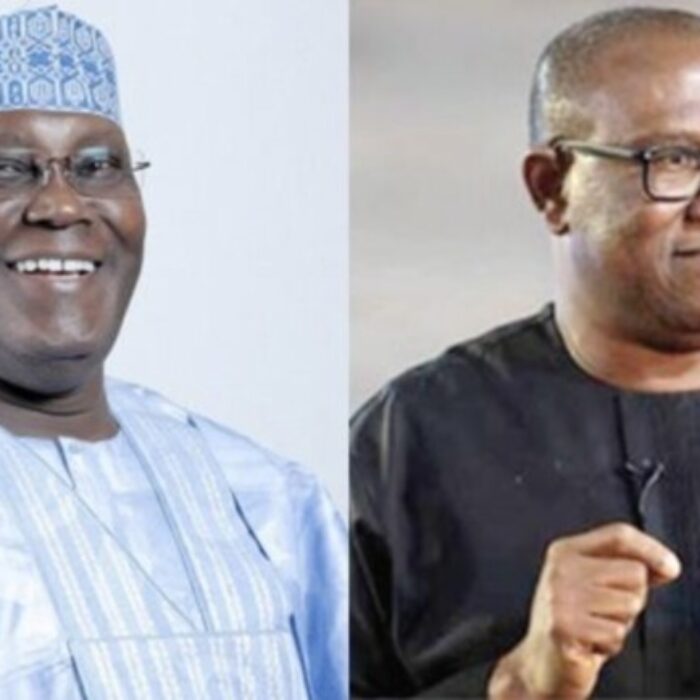By Nnaoke Ufere, PhD
When a nation doesn’t know what it’s looking for, doesn’t even know where to begin or where it’s heading, it drifts aimlessly, unable to address its challenges or seize its opportunities effectively.
Nigeria is lost, floundering without leadership and a clear direction.
We are running out of ideas and the future looks increasingly bleak, leaving us too scared to move forward.
So, we retreat to the past—a past that we know offers only temporary relief because it never solved our persistent problems. The old national anthem is back. The old regional organization might return. And the old parliamentary system is likely to follow. What progress!
We go backwards because we have nothing to offer today, and tomorrow terrifies us. So we cling to the past because it feels familiar and safe, providing a false sense of stability in a time of uncertainty.
The past, though flawed, represents a time when the future seemed less daunting.
However, this regression is merely an illusion of progress, a comfort zone that prevents us from addressing the real issues and making the necessary changes for a better future.
To set the context, here’s a brief look at our “one step forward and three steps backward” journey to nowhere:
We started as disparate tribes, kingdoms, and caliphates. Then we became three amorphous regions in the pre-colonial era—North, West, and East. Next, we became a colony: the Lagos Colony and the Protectorates of Southern and Northern Nigeria.
The British found it difficult to administer us efficiently, so they amalgamated the Northern and Southern Protectorates and the Lagos Colony to form the Colony and Protectorate of Nigeria.
We became an independent nation in 1960. Soon after, we split into three autonomous regions (North, West, and East) to make the nation more manageable politically and economically.
But three regions weren’t enough for development, so we added a fourth, the Mid-Western Region.
Still unsatisfied, we decided states were the solution, creating 12 initially. When that wasn’t enough, we created 19, then 21, then 30, and finally 36 states plus the Federal Capital Territory (FCT).
Yet our problems persisted. The more we rearranged the deck chairs on the Nigerian Titanic, the more the ship sank. Now, in desperation, we run backwards.
Back to the British-written anthem, back to regions—perhaps from three to four to some random number. Soon, we might discard the constitution borrowed from the USA and revert to the parliamentary system.
Here’s the bottom line: Nigeria is a confused nation, a ship adrift without GPS. We wander aimlessly because we don’t know who we are or what we want to become. We are groping in the dark. Everyone wants to take from Nigeria, not give to Nigeria.
Let me make a prediction: Whether we go backwards or forwards, whether we restructure or not, whether we create more states or fewer, whether we sing the old anthem or not, as long as we are led by incompetents and the followers remain unthinking, clinging to base tribal instincts and religious biases, the ship will remain rudderless and, like the Titanic, will sink.
But we can avert this disaster in 2027 by electing a leader with vision, competence, and moral rectitude to right the ship of the nation and ensure unity, progress, prosperity, and security for all Nigerians. It won’t be easy, but it is imperative. We will sink together if we fail to change the captain in 2027.




